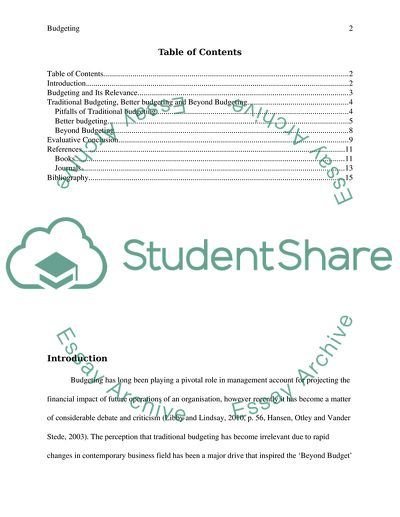Cite this document
(“A critical evaluation of the role of Budgetting Essay”, n.d.)
A critical evaluation of the role of Budgetting Essay. Retrieved from https://studentshare.org/finance-accounting/1626009-a-critical-evaluation-of-the-role-of-budgetting
A critical evaluation of the role of Budgetting Essay. Retrieved from https://studentshare.org/finance-accounting/1626009-a-critical-evaluation-of-the-role-of-budgetting
(A Critical Evaluation of the Role of Budgetting Essay)
A Critical Evaluation of the Role of Budgetting Essay. https://studentshare.org/finance-accounting/1626009-a-critical-evaluation-of-the-role-of-budgetting.
A Critical Evaluation of the Role of Budgetting Essay. https://studentshare.org/finance-accounting/1626009-a-critical-evaluation-of-the-role-of-budgetting.
“A Critical Evaluation of the Role of Budgetting Essay”, n.d. https://studentshare.org/finance-accounting/1626009-a-critical-evaluation-of-the-role-of-budgetting.


